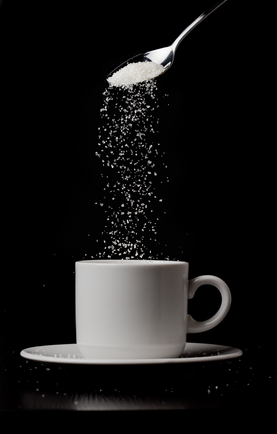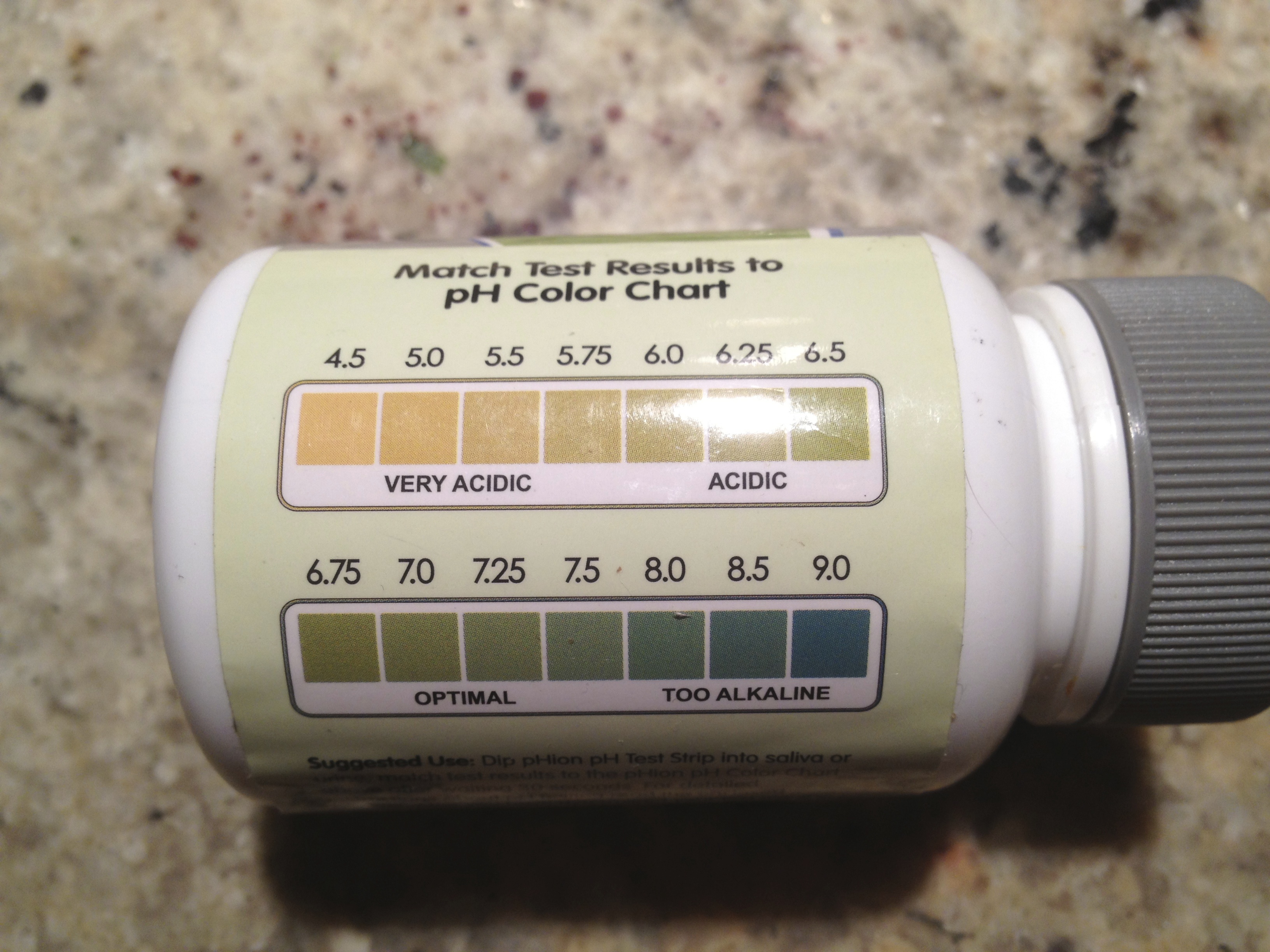 I’ve said it before, and I’ll say it again: Sugar is as addictive as drugs! Sugar activates the same pleasure centers in your brain that hard drugs like morphine and heroin do, and you get a dopamine rush from consuming it. No wonder it’s so hard to give up!
I’ve said it before, and I’ll say it again: Sugar is as addictive as drugs! Sugar activates the same pleasure centers in your brain that hard drugs like morphine and heroin do, and you get a dopamine rush from consuming it. No wonder it’s so hard to give up!
Sugar is pushed on us by an agricultural policy that subsidizes corn and sugar, making it a cheap and addictive additive to processed foods. Fifty years ago, the average American consumed about 20 pounds of sugar per year; these days, it’s around 130 pounds. No wonder we’re an obese nation!
I think by now, we all know that sugar and processed foods can lead to diabetes and obesity, but here are some other reasons why you’ll want to cut out the sugar if you’re looking to improve your health.
Sugar and Health
- Sugar feeds cancer. Sugar in all of its forms, including high-fructose corn syrup, maple syrup, agave, etc., feeds cancer because it causes angiogenesis, the growth of blood vessels that feed a tumor.
- Sugar suppresses the immune system. Glucose, fructose, sucrose and other simple sugars cause a 50% reduction in the number of white blood cells that engulf pathogenic bacteria.
- Sugar feeds Candida and other intestinal pathogens. Candidiasis is a systemic, whole-body infection with the Candida albicans yeast. Sugar feeds Candida and other intestinal pathogens, which in turn suppress the immune system.
- Sugar causes inflammation. Sugary foods cause an increase of inflammatory cytokines. An overproduction or inappropriate production of certain cytokines by the body can result in diseases like heart disease, cancer and autoimmune diseases.
- Sugar ages your skin faster. Wanna know why I look 15 years younger than I am? I don’t eat much sugar. The free radicals caused by its inflammatory actions age the skin (as well as what you don’t see on the inside).
- Sugar uses up valuable nutrients to process it. For example, it takes a LOT of magnesium to process sugar, and magnesium is both woefully deficient in the Standard American Diet and necessary to calm the central nervous system.
- Sugar causes adrenal fatigue. Cortisol, made by your adrenal glands, controls blood-sugar swings. Too much sugar can cause excess cortisol production, leading eventually to adrenal fatigue, where your adrenals can’t make enough cortisol to get you through the day with enough energy.
- Sugar decreases your ability to concentrate. A high-sugar diet leads to a lack of attention in children (and adults, too!) as well as an increase in adrenaline.
- Sugar increases your appetite. Sugar doesn’t tell your brain that you’re full and that you should stop eating, which is why you can scarf down a whole box of crackers or cookies and still be hungry.
Giving up sugar is hard, and sheer willpower probably won’t be enough to do it. I’ve found that cutting out processed foods while adding in foods made from scratch and whole grains helps.
Let me be clear on what I mean by “made from whole grains”. I mean food made with the whole brown rice, millet, quinoa, oats grain/kernel, not flakes or flour made by grinding up these grains and seeds. I mean food made with the whole wheat berry, if you eat wheat, not bread or cookies or waffles or pancakes made from whole wheat flour. I mean whole oat groats, not oatmeal. Grinding a grain into flour increases its glycemic load, meaning it can raise your blood sugar very quickly.
Looking for some dessert recipes that aren’t too sweet and don’t have too much sugar? Try out these favorites:
 I was watching “
I was watching “ You’ve heard it before: everybody is super-stressed these days. Personally, I think a lot of it has to do with technology creep into our daily lives.
You’ve heard it before: everybody is super-stressed these days. Personally, I think a lot of it has to do with technology creep into our daily lives.
 pH testing is an easy way to determine your level of health. I’ve got some
pH testing is an easy way to determine your level of health. I’ve got some  “A growing body of research suggests that sugar and its nearly chemically identical cousin, HFCS, may very well cause diseases that kill hundreds of thousands of Americans every year, and that these chronic conditions would be far less prevalent if we significantly dialed back our consumption of added sugars.
“A growing body of research suggests that sugar and its nearly chemically identical cousin, HFCS, may very well cause diseases that kill hundreds of thousands of Americans every year, and that these chronic conditions would be far less prevalent if we significantly dialed back our consumption of added sugars. Recovery from autism is possible. Most, if not all, cases have gut dysbiosis, which is fed by the Standard American Diet (SAD) full of sugar and processed foods.
Recovery from autism is possible. Most, if not all, cases have gut dysbiosis, which is fed by the Standard American Diet (SAD) full of sugar and processed foods. Anyone who’s spent time with a cranky child – or adult – after they’ve eaten too much candy can tell you:
Anyone who’s spent time with a cranky child – or adult – after they’ve eaten too much candy can tell you: 

